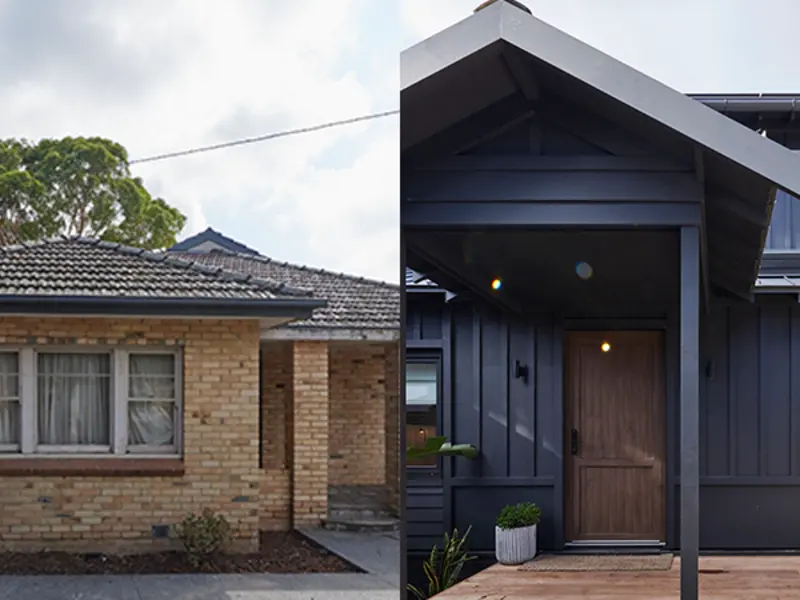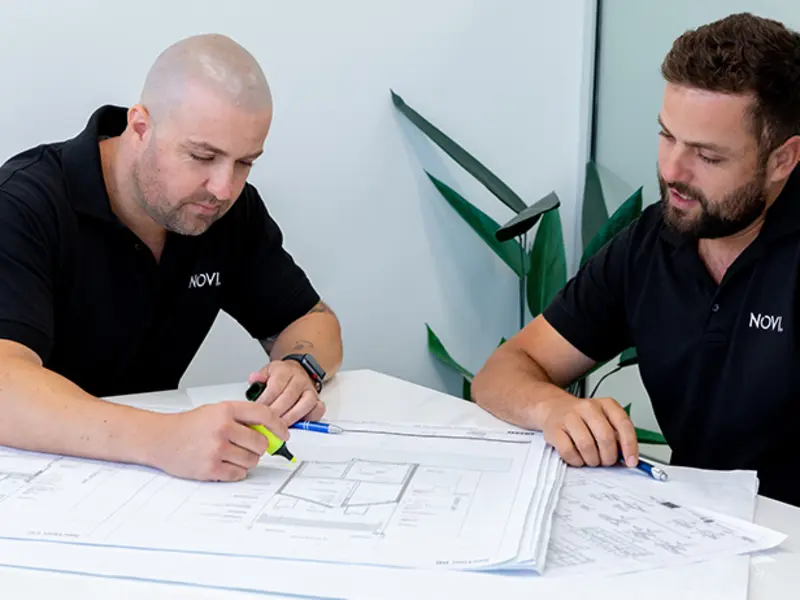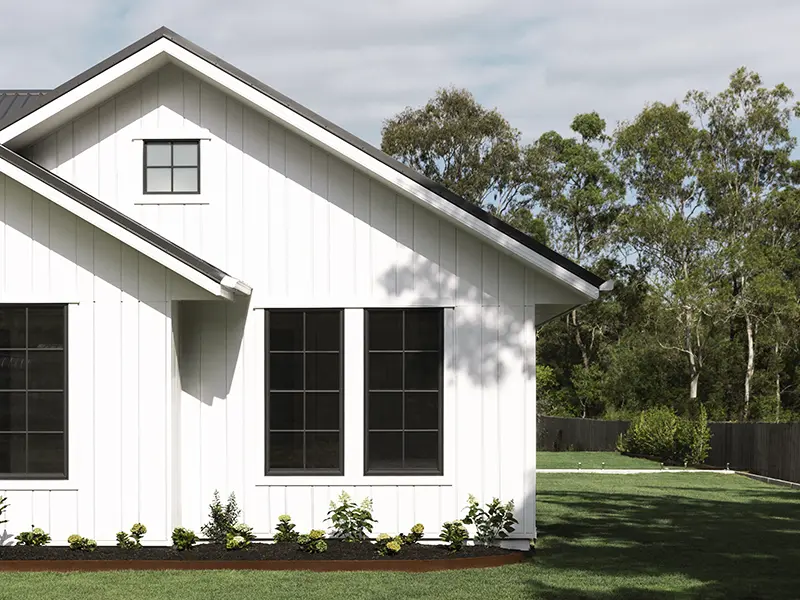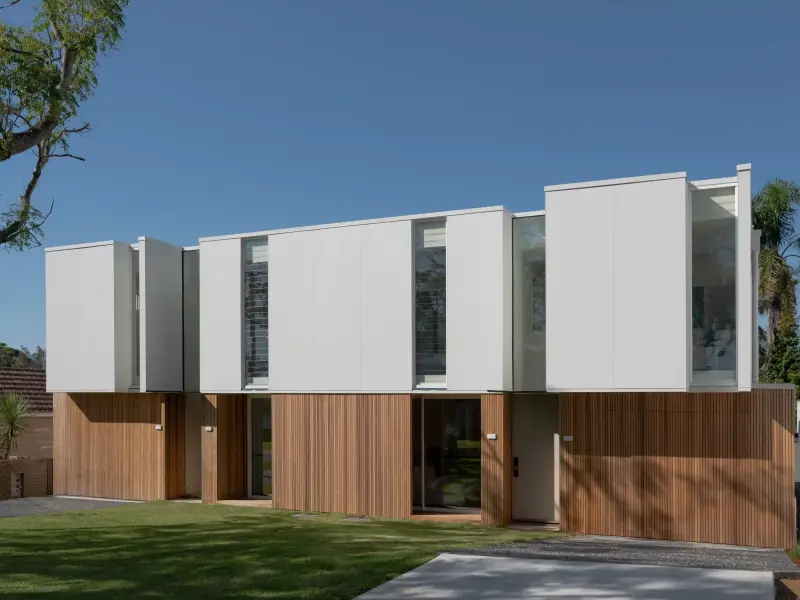
Dream team: 15 tips for working with a home builder
We place a lot in the hands of our builder: our hopes and dreams for a gorgeous family home – one of the biggest investments we’ll make in our lifetime.
A harmonious, respectful relationship with your builder is pivotal to seeing those dreams come to life, so take the time to find a builder who’s right for you, then follow our guide to working with a home builder, and what to do if you’re not happy with the builder’s work.
Agree on your communication channels
How will you and your builder communicate? Will you hold regular work-in-progress meetings onsite, or stay in touch via email or WhatsApp?
Establish contact times
Also set some boundaries on when you can reach each other. What time does the builder clock off each day, and how would they feel about being contacted on the weekend? Consider your own schedule and whether you want to be reachable around the clock, too. Emergencies aside, only get in touch during the agreed hours.
Put agreements in writing
While day-to-day communication might happen via phone, always put important agreements in writing. Type up notes after a site meeting and email them to your builder – this paper trail could help sort out a disagreement down the track.
Be patient
There’s always a chance that your start date will be pushed back if your builder is still completing another job. While this may be frustrating, try not to let it taint your attitude when the project gets underway. On the plus side, it suggests that if your own deadline is delayed at the end, the builder won’t leave you in the lurch. Also try to be reasonable about wet-weather delays – they’re out of everybody’s hands.
Learn everyone’s name
Once the project kicks off, get to know the builders and tradespeople. If you’re living offsite, or it’s a new build, a friendly “hello” can go a long way towards developing a good working relationship.
Be a courteous host
When working with a home builder, you want to ensure they feel welcome on the job. Offer them cool drinks on hot days, collect their morning coffee orders, let them park in your driveway if space permits and, if it feels comfortable, offer them access to your bathrooms and wi-fi network.
Don’t be afraid to ask questions
As the adage goes, there’s no such thing as a stupid question. With that in mind, go to your builder with your queries and let them help assuage your doubts and keep you informed. The more you understand about the project, the smoother it’s likely to run – and feel.
Abide by safety regulations
Always contact your builder before showing up onsite, and ask if it’s safe to do so. As your property becomes a full-blown construction site, you may need to wear a hard hat or closed-toe shoes.
Learn the lingo
You’ll be able to communicate more effectively with your builder if you’re familiar with the relevant terminology. This could involve land and building terms, but also the language to describe your home’s aesthetic – whether it’s a Hamptons-style coastal weatherboard home or a modern design that uses a mix of external vertical and horizontal cladding, the correct wording will help your builder understand your vision and build the home you want.
Respect break time
When a builder or tradesperson is having their break, let them do just that. By all means have a casual chat, but save questions about your project and its progress for when they’re back on the tools. Your builder will appreciate it.
Be decisive
Your build or renovation might seem to serve up an endless stream of decisions. Try to make them in a timely manner – this will keep your builder happy, plus time is money, so it’s likely to save you dollars in the long run.
Voice your concerns – respectfully
Not happy with the builder’s work? Take a moment to compose your thoughts, talk them through with your partner or family, and formulate exactly what you want to say – then speak up calmly. Don’t let the builder brush you off with a “she’ll be right” attitude. Your concerns are valid, and a good builder will work with you to rectify the situation.
Respect the hierarchy
Remember that your contract is with your builder, not with the builder’s subcontractors. Instructing subcontractors directly or employing them for extra work is a sure-fire way to get your builder offside, so respect the hierarchies that are in place.
Stay positive
A build or renovation is likely to turn your life upside down and take you on a rollercoaster ride of emotions. But when working with a home builder, try to stay optimistic, and accept that mishaps and delays will happen. Read our top tips for decreasing stress during a project here.
Make payments on time
Pay the builder promptly and according to your agreed terms, knowing that if you’re late, they may not be able to pay their subcontractors and suppliers. That said, if a builder requests upfront payments for work that hasn’t been completed, you have every right to object. Similarly, only pay for materials that have been delivered to your site.
For the best chance of a harmonious working relationship, you need to find the right builder for your project. Read our extensive guide to choosing a builder, and use our online Find A Builder tool to search for builders in your local area.
Find a Builder
Whether you are building your new dream home or renovating your existing, finding the right builder who can achieve the look you want is critical. We created our Find a Builder tool to help homeowners like you choose the right builder to help you bring your vision to reality.











